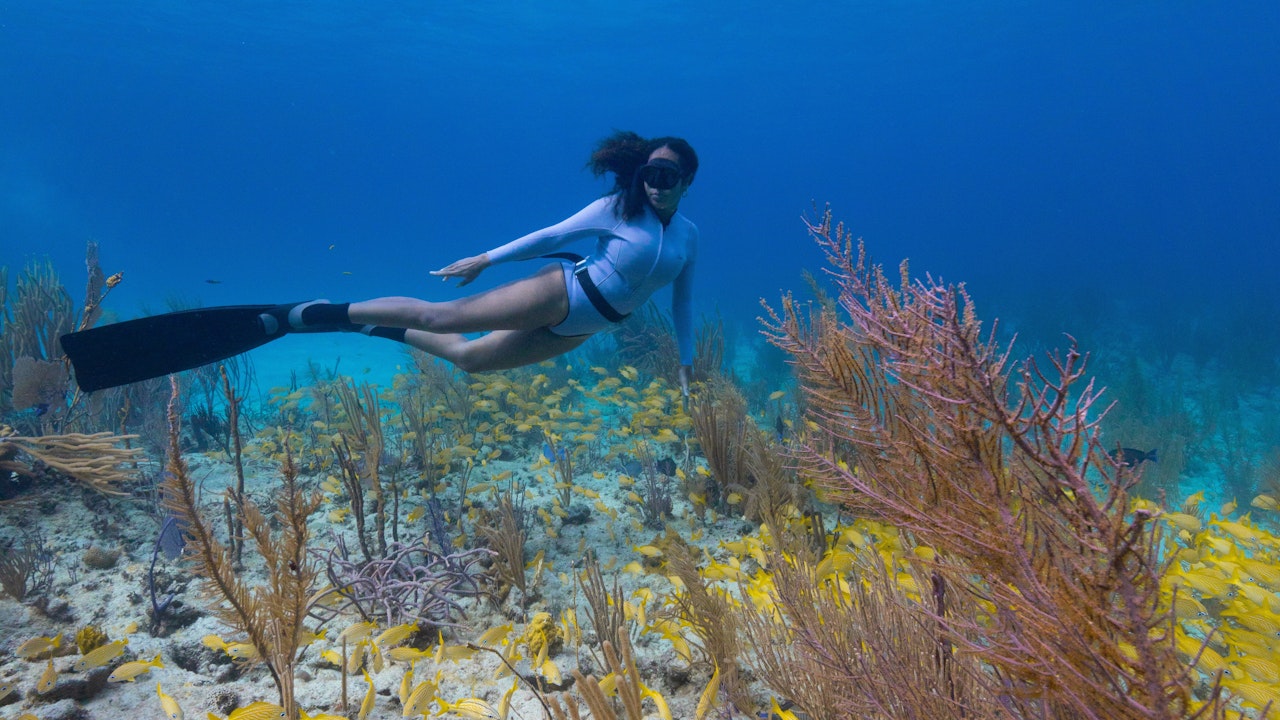Homepage
•
Learning Library
•
Blog
•
Empowering Youth in STEM: Danni Washington's Journey
Expand breadcrumbs
Expand breadcrumbs
- Learning Library
- Blog
- Empowering Youth in STEM: Danni Washington's Journey
- Homepage
- •
- Learning Library
- •
- Blog
- •
- Empowering Youth in STEM: Danni Washington's Journey
Empowering Youth in STEM: Danni Washington's Journey
By Christy Matte
July 16, 2024








